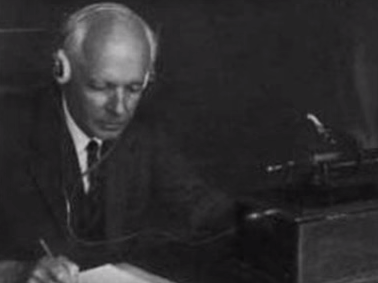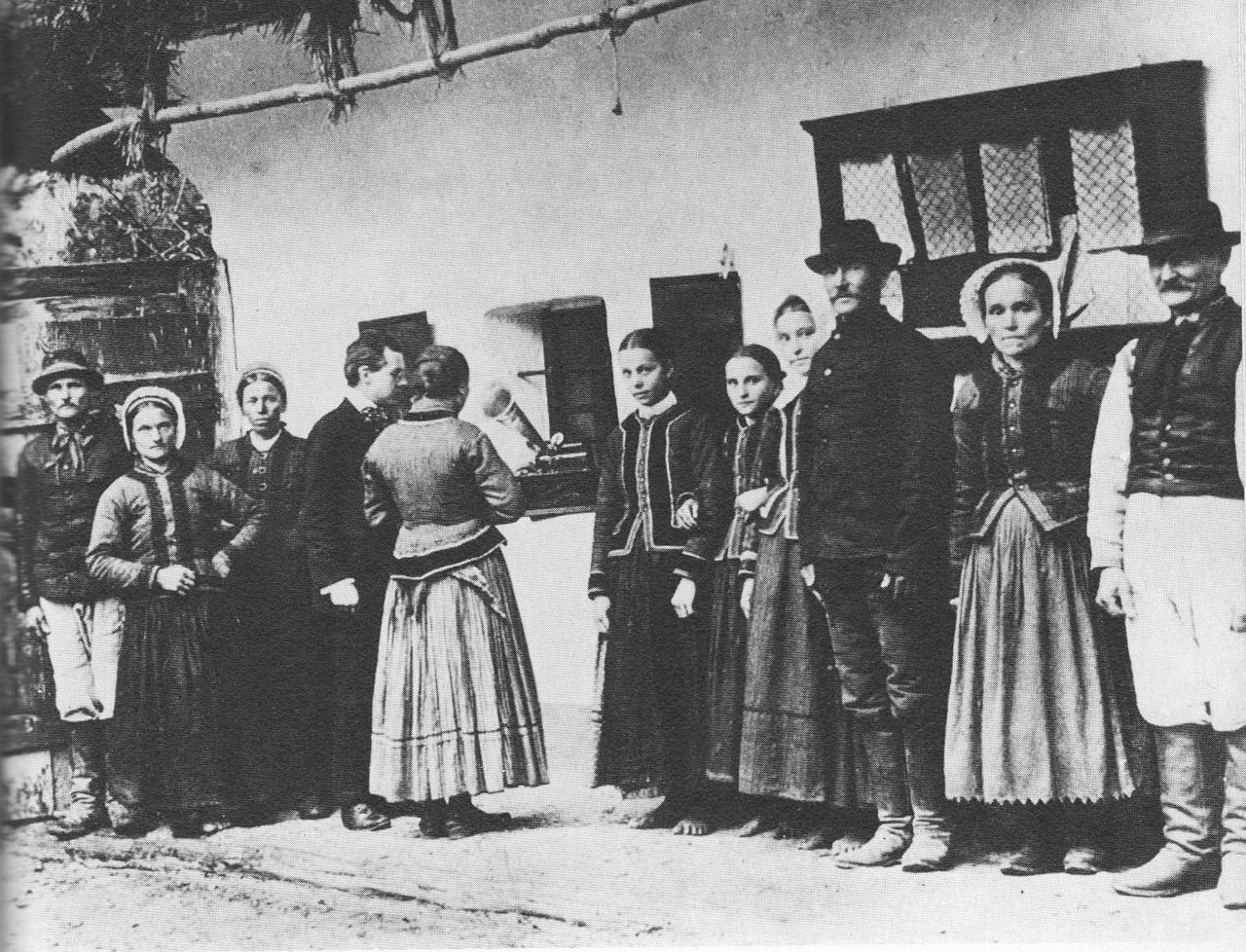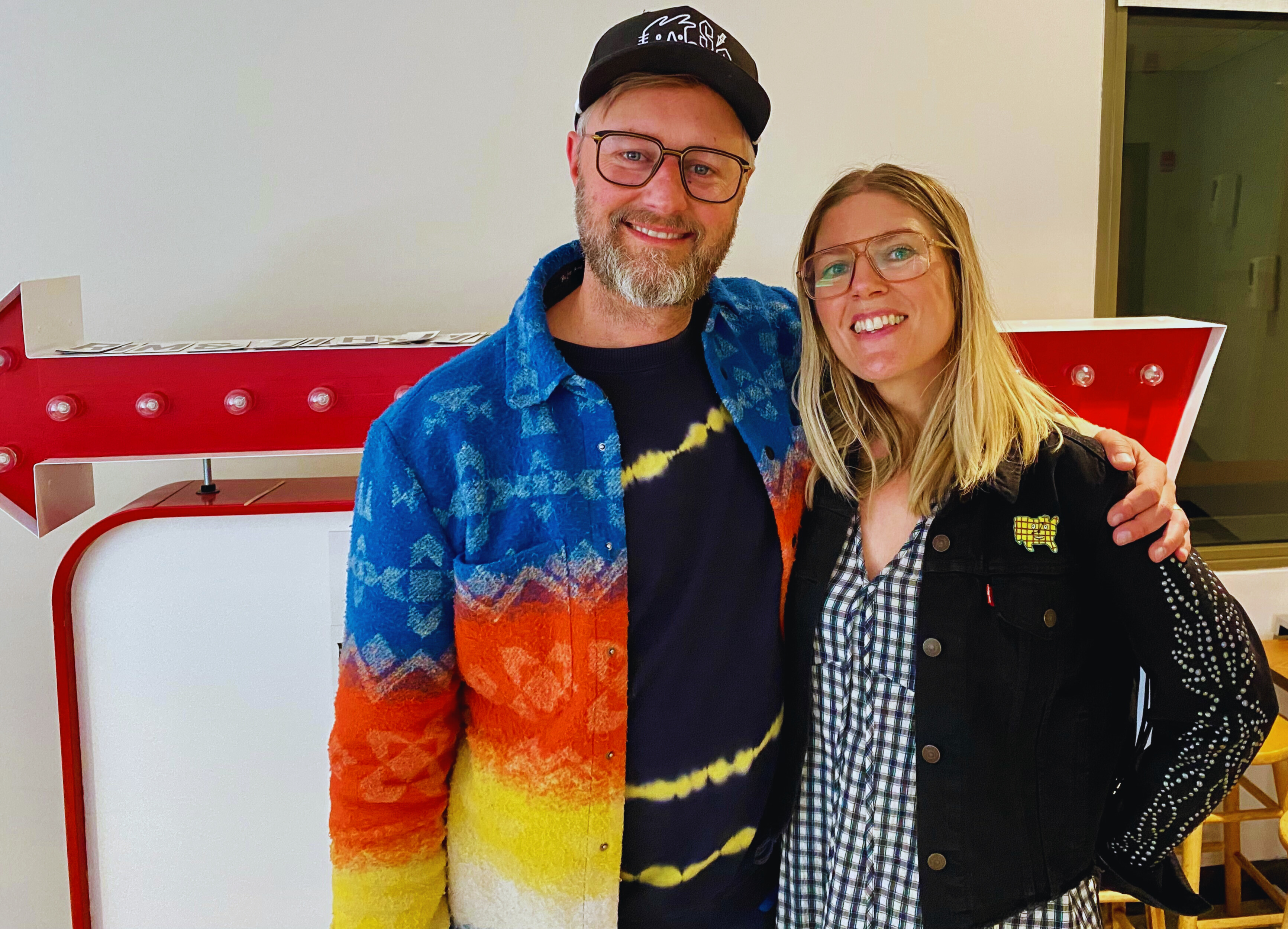

It moved him deeply. From that moment on, the 23-year-old dedicated himself to the collection, study and presentation of Hungarian, Bulgarian, Magyar and Romanian folk music.
He and his friend, fellow composer Zoltan Kodaly, roamed the countryside looking especially for enclaves of people who for centuries had had little or no contact with the rest of the world.
Bartok transcribed the melodies of their folk songs and dances into modern notation.
But he also carried a new piece of technology: an Edison recording phonograph. This audio record brings the famous story of Bartok's musicological activities to life. Some of his field recordings captured on wax cylinders survive:
Bartok based the majority of his own compositions in some way on the music he and Kodaly collected. He usually transformed the tunes to the point of being nearly unrecognizable.
But in some cases he simply reworked the tunes in the field recordings with a modern orchestration that faithfully retains the charm, flavor and fire of the original.
Bartok's "Romanian Folk Dances" is a great example. This is what Bartok did with those folk dances you heard in the field recordings above:
Happy (belated) birthday to Bela Bartok, born March 25, 1881.









